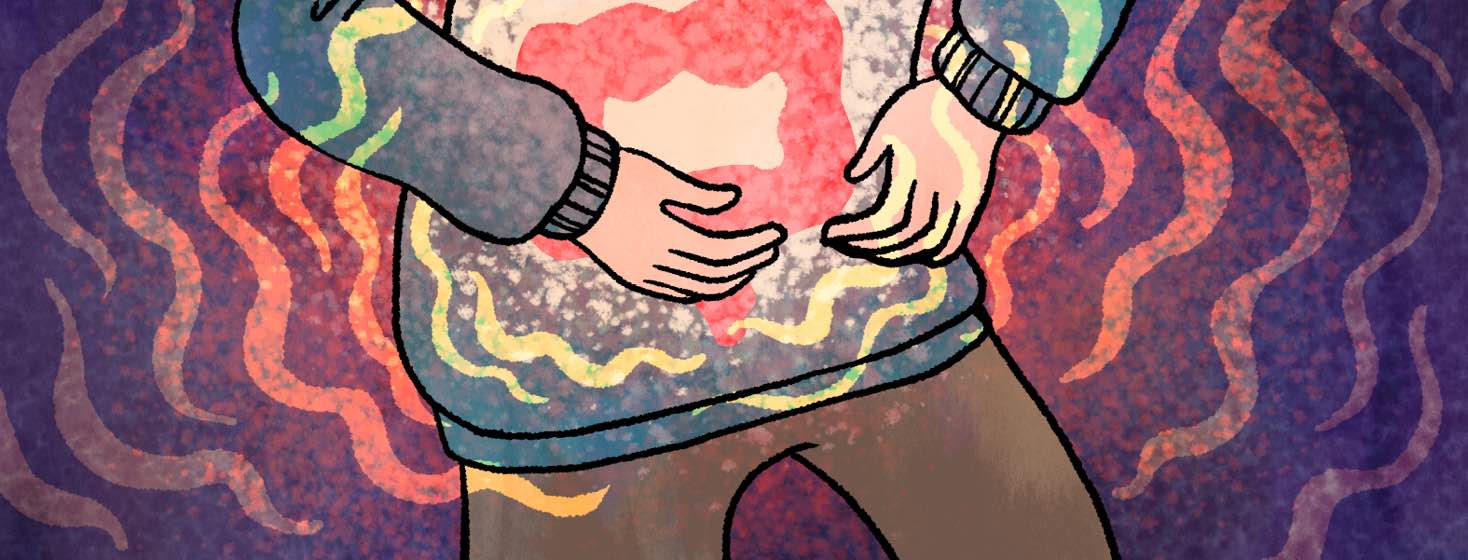Prostate Cancer and Radiation Enteritis
Treatment for prostate cancer usually includes radiation therapy. This can be either external beam radiation therapy or internal (brachytherapy). Radiation therapy has many potential side effects. These side effects include injury and inflammation where radiation is administered. One example of this type of side effect is radiation enteritis.
What is radiation enteritis?
In radiation therapy, concentrated energy passes through the skin to get to a tumor. If the tumor is near the intestines or bowels, they can be injured. Radiation enteritis happens when healthy tissue in the large or small intestine is damaged during treatment. It is very common in people being treated for prostate cancer.1
How does it differ from radiation proctitis?
The effects and causes of both conditions are similar. Both are common for people receiving radiation treatment for prostate cancer. Radiation proctitis affects the rectum, while radiation enteritis affects the bowels or intestines.
What are the symptoms?
Radiation enteritis has symptoms that include:2
- Nausea
- Vomiting
- Diarrhea
- Weight loss
- Stomach pain
To diagnose the condition, doctors use either imaging or endoscopy to look for inflammation.2
If radiation enteritis becomes chronic and progressive, it can include:1
- Anemia
- Bowel obstruction
- Stricture, ulceration, fibrosis, and fistulas in the intestines
- Reduced ability to absorb bile acid or lactose
- Overgrowth of bacteria
If you receive radiation therapy in the pelvis or abdomen, watch for symptoms of radiation enteritis. Symptoms can occur months after treatment.
Pay attention to your bowel movements. Keep an eye out for loose stools or stools that contain bright red blood or mucus. Those can be signs of inflamed or bleeding intestines.3
Most people who get radiation in the pelvis or abdomen will have some radiation enteritis. But symptoms can be more severe in those going through chemotherapy at the same time. Receiving a stronger dose of radiation or radiation over a larger area may also worsen symptoms.3
Risk reduction and treatment
Diet can reduce your risk of radiation enteritis and increase the effectiveness of treatment. Beginning a low-fiber diet at the start of radiation therapy can help. It can also help to eat foods at room temperature and drink lots of fluids.
Symptoms can be made worse by some common foods and products, including:3
- Alcohol and tobacco
- Dairy
- Caffeine
- Greasy or fried foods
- Nuts and seeds
- Raw vegetables
- Strong spices
As part of a treatment plan for radiation enteritis, your doctor may prescribe different medicines to:3
- Treat pain and diarrhea
- Replace enzymes from your pancreas
- Coat the lining of the rectum
If your enteritis is severe, you may take drugs like cholestyramine, loperamide, or sucralfate. If nothing else is working, you may need surgery to remove or bypass the damaged intestine. But for most people, symptoms start to let up 2 to 3 months after treatment ends.3

Join the conversation